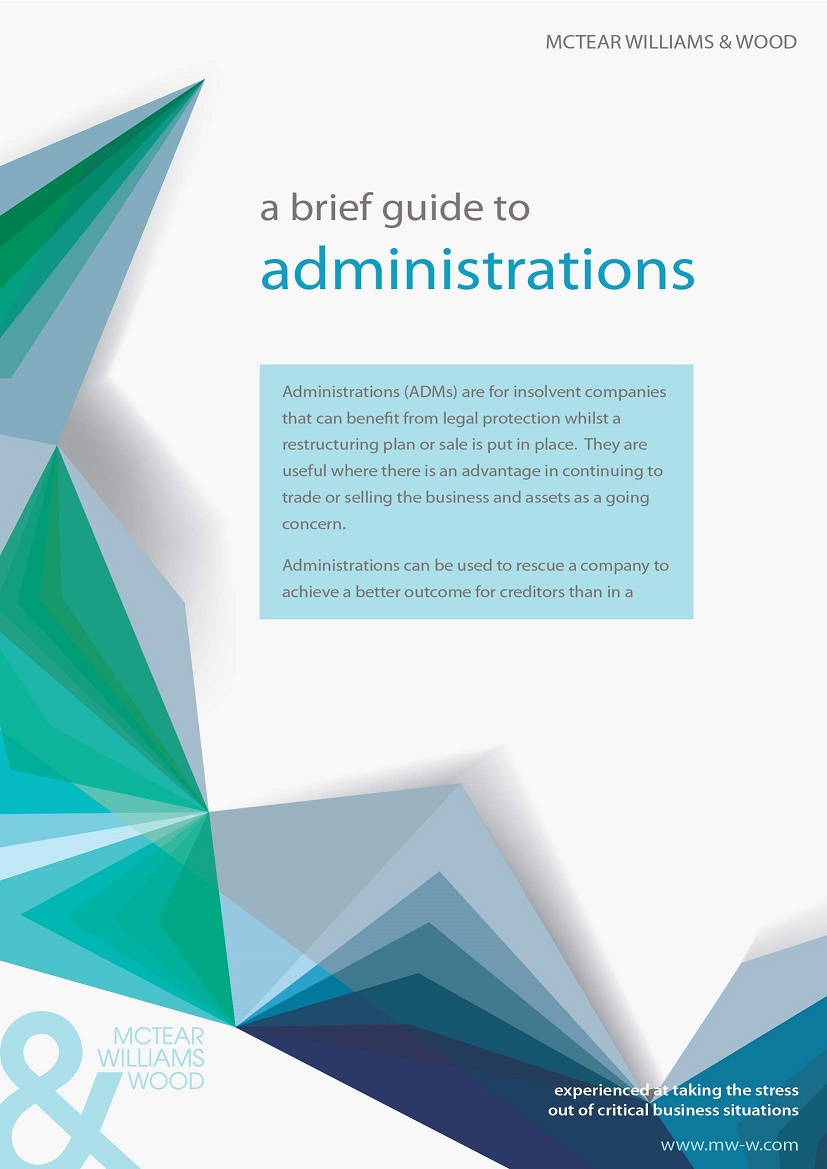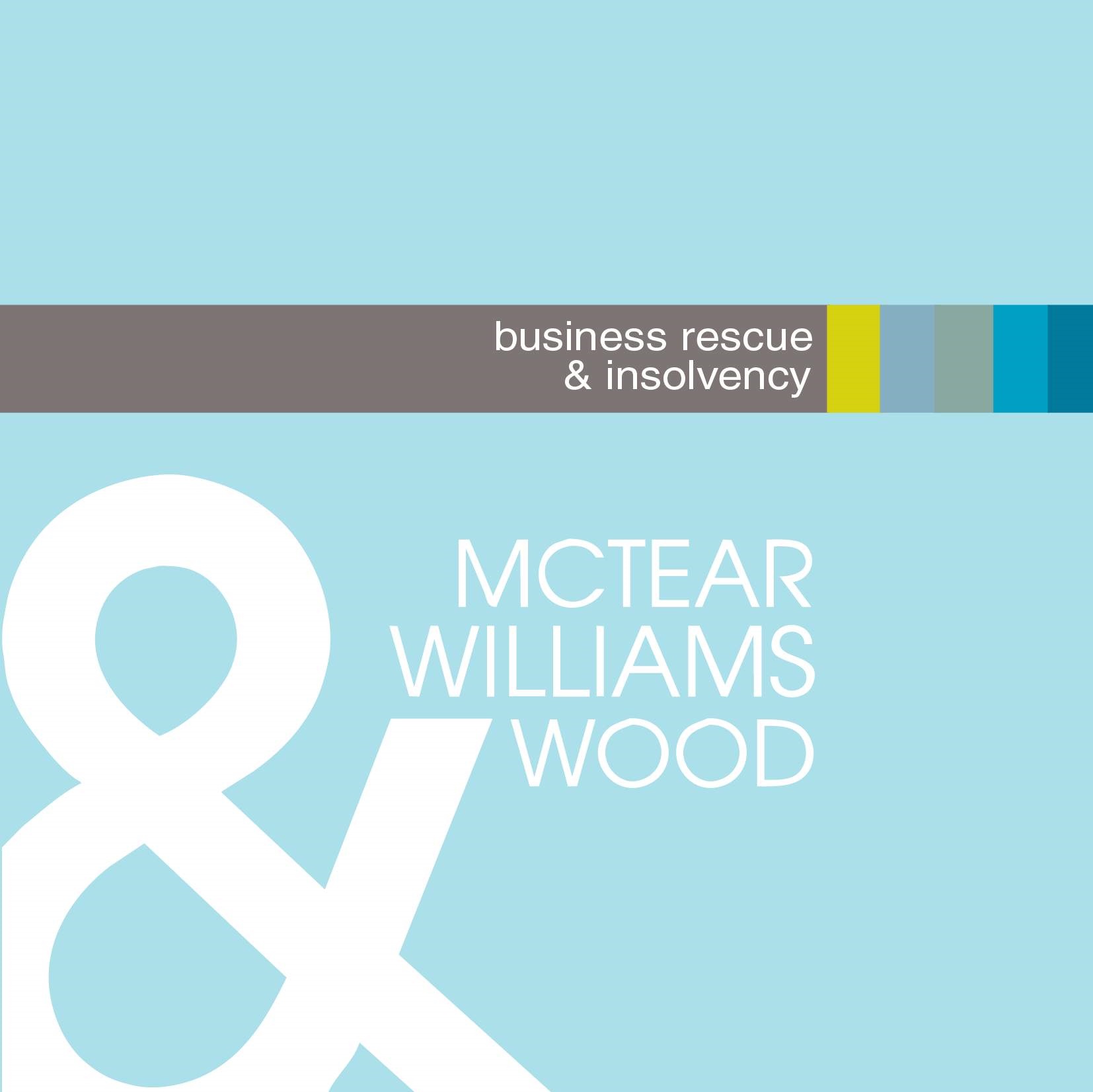Company administration - how does it work?
The quick answer
Company Administration means a company is protected by a Court order and is being managed or run by a Licensed Insolvency Practitioner who is called the Administrator. Administration usually lasts for a period of one year. However, in the first few weeks the business is usually traded and reduced in size, sold or closed down.
A company can go into administration by:
- The directors making a board decision asking a Licensed Insolvency Practitioner to act for them as the Administrator. The directors then swear some appointment documents that are filed in Court to appoint the Administrator
- A bank or secured lender appointing an Administrator under a floating charge or debenture. The bank has the right to do this if they have a debenture.
- A creditor making an application to the Court for a company to be placed into Administration.
Administrations and moratoriums
Companies that go into administration are insolvent. This means either the liabilities exceed the assets or that the company cannot pay its debts as they fall due.
Once the appointment documents are filed in Court the company is protected by a moratorium until it goes into administration and no-one can take any legal action. The company normally goes into administration right away unless there is a debenture holder (normally the bank) who need to be given five clear business days' notice of the intention to appoint an Administrator. The bank may at this point choose their own Administrator - usually a larger firm.
Three reasons why a company can go into administration:
- To rescue the company as a going concern.
- To give a better return to the creditors as a whole without the company first being in Administration.
- Realising property to pay a fixed charge or pay preferential creditors.
How quickly can a company be placed into administration?
In a matter of hours compared to liquidation or a Company Voluntary Arrangement ('CVA') which can take weeks.
Once in administration no creditor can take any legal action against the company or recover goods. If the bank has a debenture, the administration will take at least give business days but in the meantime, the company is protected by a moratorium.
Once in administration
There can be a number of outcomes once a company goes into administration. These could be as follows:
- The business is sold to a new owner (which may be the old management team or shareholders). This might be by way of a pre-pack Administration.
- The business is slowly wound down so for example contracts are finished or work finalised allowing customers to be invoiced.
- The company proposes a Company Voluntary Arrangement ('CVA') to creditors.
- The company is refinanced and given back to the directors.
Once in administration, the Administrator will write to all creditors and employees within a week and then report to all creditors and shareholders in full within eight weeks on his proposals. These proposals contain a full report of what happened, what assets the company owns, what it owes, the costs to date and the Administrator’s proposed outcome.
If you would like to know more about administration and whether it is right for you speak to one of our experts. If you need insolvency advice the earlier you talk to someone like us the better as you will have more options. We can help, contact us today on 0800 331 7417
Advantages and disadvantages of administration
Advantages
- It is the quickest process.
- The company can immediately be protected.
- Staff can be made redundant quickly and therefore able to make their redundancy claims sooner than in a liquidation.
- Allows business to be sold quickly.
- Minimises disruption if a business is transferred to a new owner.
- It can allow the company’s assets to be secured (for example to stop a bailiff taking goods).
Disadvantages
- It can be more expensive than liquidation.
- The reporting requirements are more onerous than liquidation.
- It cannot be used unless one of the three objectives – listed earlier – can be achieved. For example the rescue of the company as a going concern.
If you would like to know more about administration and whether it is right for you speak to one of our experts.
If you need insolvency advice the earlier you talk to someone like us the better as you will have more options. We can help, contact us today on 0800 331 7417


